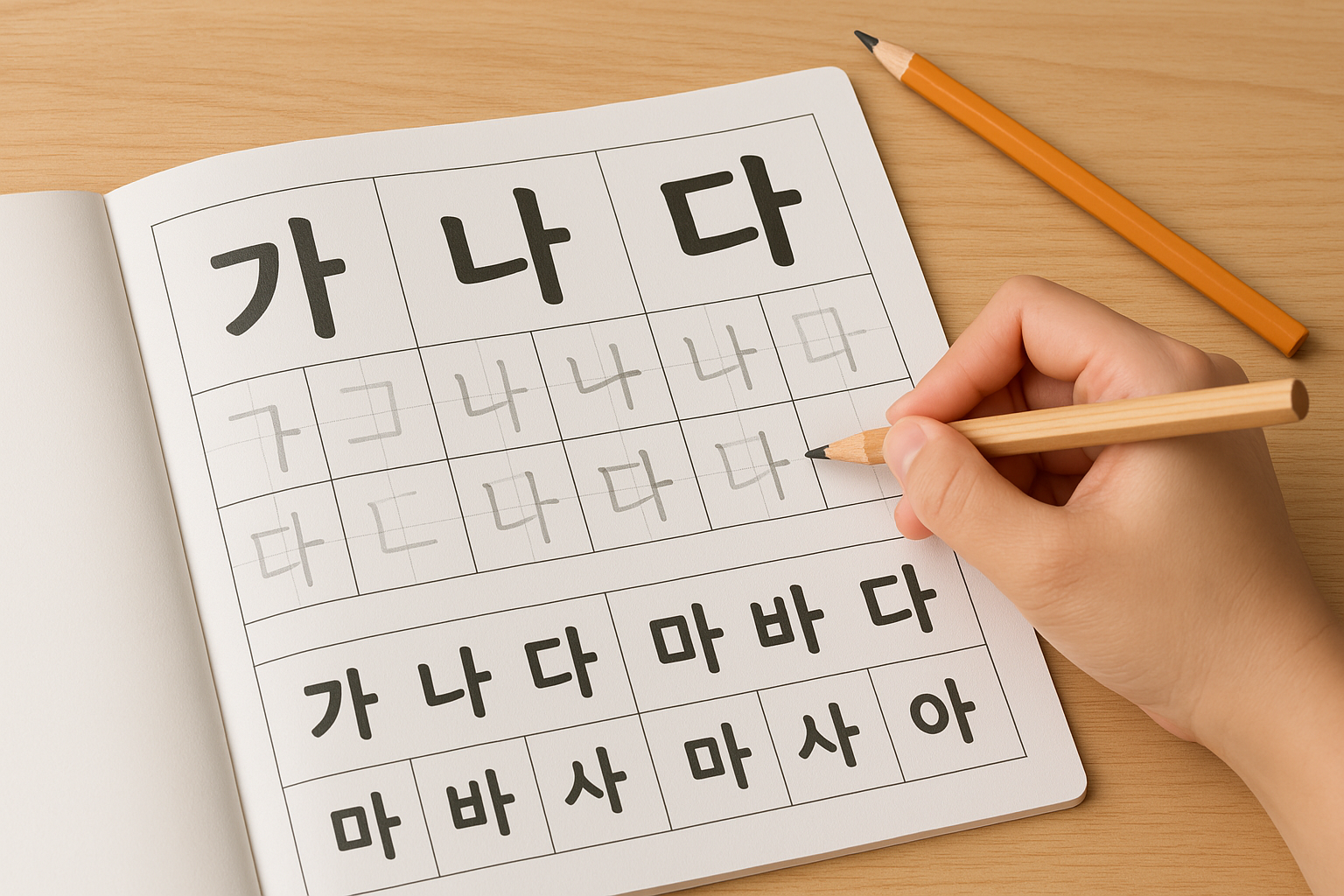📘 Day 50: “께서” — The Honorific Subject Marker
Hello, Korean learners!
Today, we’re diving into an important honorific subject marker in Korean: “께서”.
If you want to speak Korean politely and respectfully, especially when referring to elders or people of higher status, this is a must-know!
⸻

💡 What is “께서”?
“께서” is the honorific form of the subject marker “이/가”.
You use it when the subject of the sentence is a respected person — such as your teacher, parent, elder, or boss.
Regular (이/가) Honorific (께서)
친구가 선생님께서
아버지가 아버지께서
⸻
✨ How to use “께서”
You simply replace “이/가” with “께서” when the subject is someone you want to show respect to.
Korean English Translation
선생님께서 오셨어요. The teacher came.
아버지께서 식사하십니다. My father is eating (a meal).
사장님께서 회의에 참석하셨어요. The CEO attended the meeting.
Notice: These sentences also use honorific verbs like 오시다 (to come), 식사하다 (to dine), and 하셨다 (past tense of 하시다).
Using honorific verbs together with “께서” shows proper respect.
⸻
✅ “께서” vs “이/가”
Let’s compare:
Subject With 이/가 With 께서 Level of Politeness
친구 (friend) 친구가 왔어요. — Casual
선생님 (teacher) 선생님이 왔어요. 선생님께서 오셨어요. Honorific
Using “께서” makes your Korean sound more refined and respectful.
⸻
📝 Practice Time!
Try translating these into Korean using “께서”:
1. The teacher is speaking.
2. The grandmother came to visit.
3. The boss is in a meeting.
⸻
🌟 Tip of the Day
In Korean culture, showing respect to elders and superiors is very important.
Mastering words like “께서”, “께”, and honorific verbs helps you not only speak correctly but also politely, which is key in Korean society!
⸻
Great job today!
Honorific grammar might seem tricky at first, but little by little, it becomes natural.
Keep practicing, and you’ll get there!
화이팅! You’ve got this!